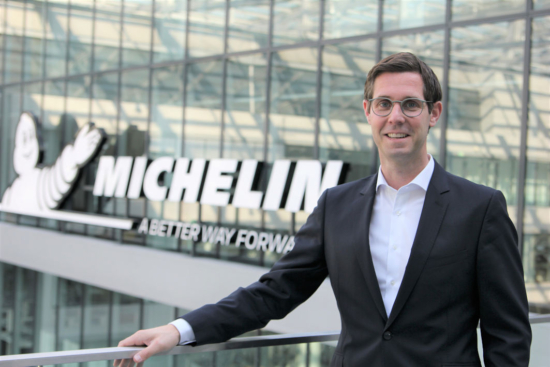High costs & bureaucratic hurdles – Michelin on Germany factory closures
 Markus Bast (Photo: Michelin)
Markus Bast (Photo: Michelin)
Germany’s days as an industrial superpower are coming to an end, opined Bloomberg on 10 February. The media firm blames competition from the USA, the energy crisis and declining Chinese interest in German products for this development, but there are further factors to consider. Michelin, which plans to close several plants within the country, suggests that an excess of bureaucracy is contributing to Germany’s unattractiveness as a manufacturing site.
In an interview with our German sister site Reifenpresse.de, Markus Bast confirmed the “massive impact” of both the Covid-19 pandemic and Ukraine conflict upon Michelin’s manufacturing costs in Germany. Bast, managing director and B2B sales director for the company’s DACH (Germany, Austria, Switzerland) region, mentions increased energy costs as well as higher logistics and raw material prices and rising administrative and personnel costs. But that’s not all.
“There are also significant bureaucratic hurdles in Germany, which have an additional unfavourable impact, both financially and in terms of personnel. For example, the Ministry of Economics (the Federal Ministry for Economic Affairs and Climate Action) polices around 12,000 reporting requirements for German industry.”
By the end of 2025, Michelin will close its plants in Karlsruhe and Trier, stop producing new tyres and semi-finished products in Homburg and move its DACH region customer contact centre to Poland. These measures will affect more than 1,500 employees. Bast says that investments made by Michelin, in-house measures and the workforce’s commitment helped it long maintain production at these sites in the face of negative external factors. “Our employees can be proud of this. However, the bitter reality is that all these joint efforts are no longer enough to offset rising manufacturing costs and strong competitive pressure.”




Comments